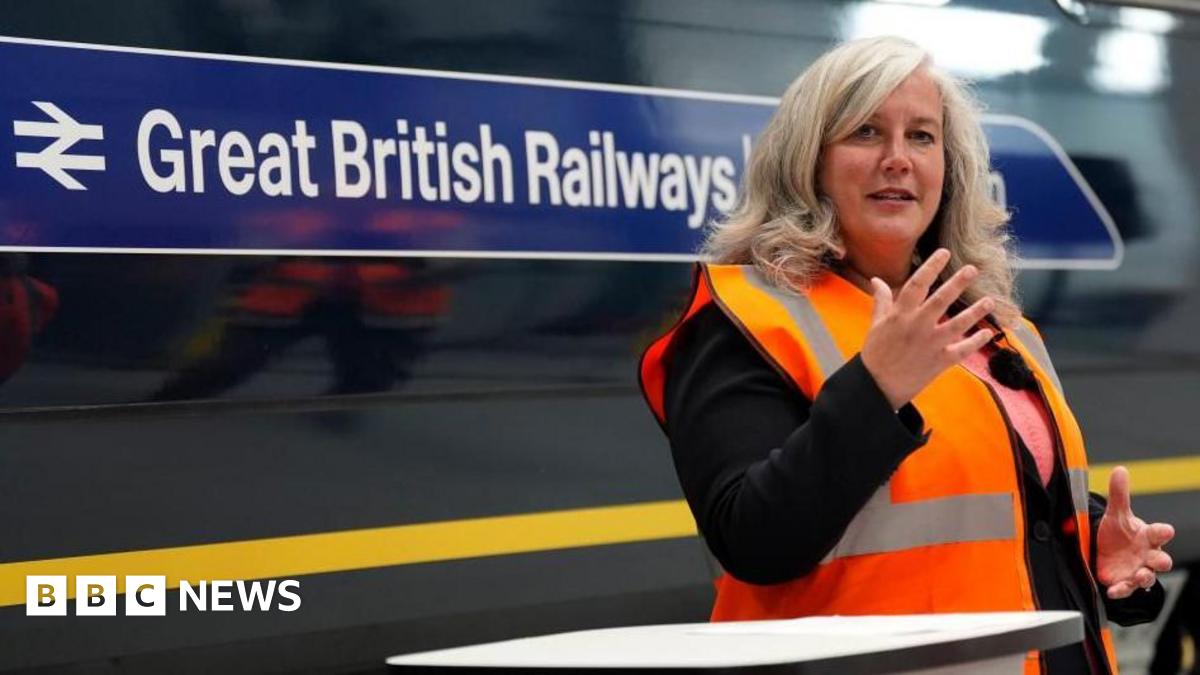Specifically chosen to represent a range of views.
Worth noting these are young, well paid (especially for their age), rich (owning a house, let alone doing that as teenagers), likely haven't got a car, live next to London and likely commute into London for their high paid jobs.
Those two 19 year olds with a house in Slough were indeed extremely disprortionate for most 19 year olds, the vast majority of whom are living with parents or students and earning far less. I would imagine it is single digit % for the amount of people under 21 owning a house.

